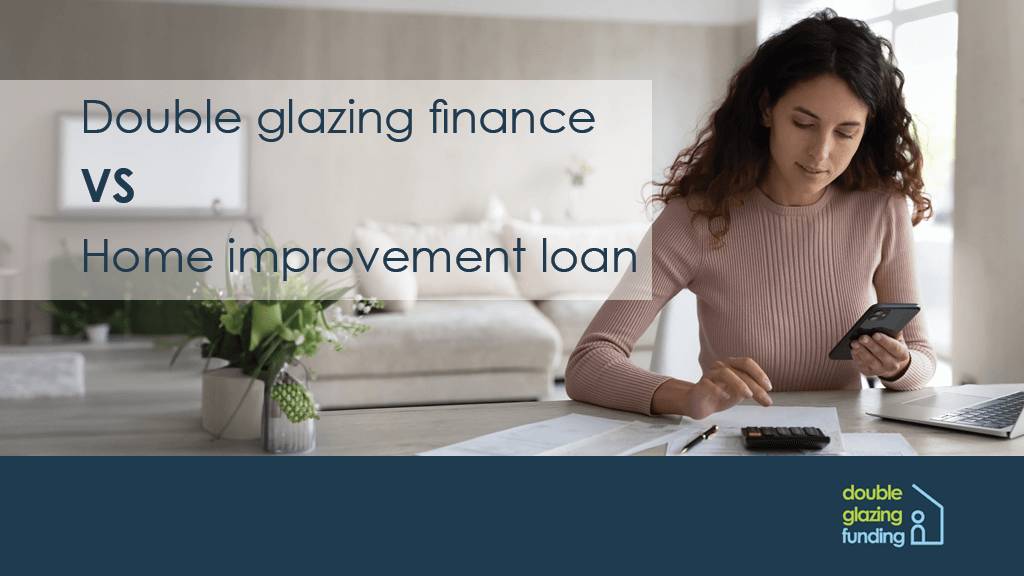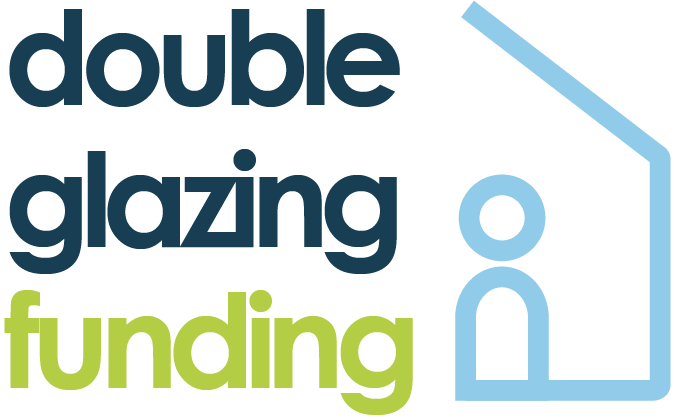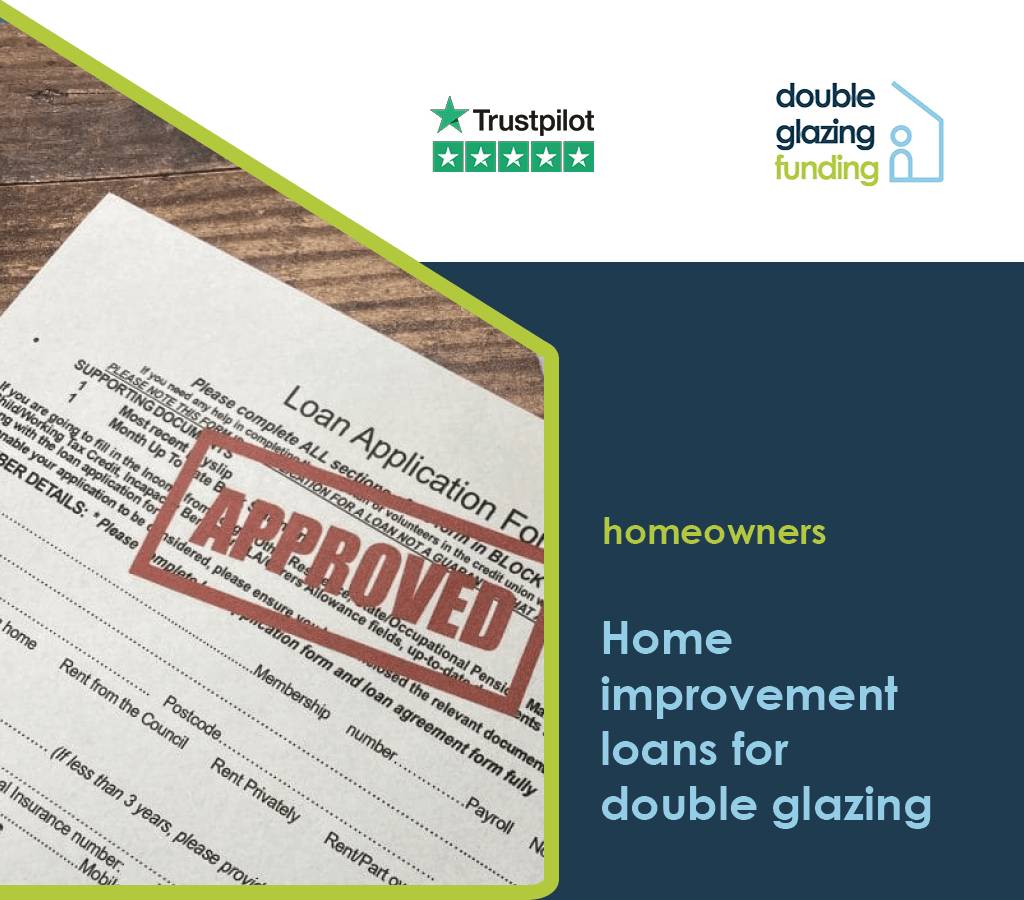Are you tired of living with drafty, outdated windows and doors? Want to upgrade to energy-efficient, stylish double-glazed options but overwhelmed by the initial cost? Fear not, for you are not alone in this predicament.
The good news is that options can help you finance your home improvement project without breaking the bank. From in-house financing offered by double-glazing companies to shopping around for a home improvement loan, the choices can be overwhelming.
That’s why we’ve put together this comprehensive guide to give you a deep dive into the pros and cons of both options. Whether you’re looking to save money, simplify the process, or just want the best rate, we’ve got you covered. So, grab a coffee and prepare to make an informed decision on financing your double-glazing project!
Click Here to Get a Quote & Find Out About Grants & Funding
Double Glazing Finance Options Pros & Cons
Pros
- In-house finance options are simple to set up. Most can be submitted in the house when you place your order.
- Section 75 of the consumer credit act, by purchasing your new windows using an in-house double glazing finance option, you get an extra layer of protection. If there were to be a problem with your windows and the company went bust, the finance company would be jointly liable with the installation company. This protection is sometimes called double indemnity.
- When purchasing double glazing with finance, you must first sign a satisfaction note before the company can receive their money from the finance company.
- Double Glazing companies that have finance facilities have to go through a stringent screening process by the FCA (financial conduct authority) before they can offer finance.
Cons
- Finance options usually have a higher interest rate than a home improvement loan.
- There can sometimes be penalties for early repayment.
- You may have to pay a service charge or arrangement fee.
- You don’t have the option to shop around for better interest rates.
In the double glazing industry, the interest rates vary from 7.9% APR to 12.9% APR although there are some companies out there offering lower and higher rates of interest.
Make sure you look carefully at the interest rates and any arrangement fees before signing up for any finance contracts.
You may also want to check that the company you purchase with is FCA accredited and can legally offer you the finance.
Home Improvement loan
Pros
- Much lower rates of interest are available with a home improvement loan.
- You can shop around to find the best interest rates.
- You will have lower monthly repayments with lower interest rates.
Cons
- You won’t get the double indemnity protection provided by the finance company.
- Home improvement loans can take longer to source than in-house finance.
Home improvement loans are a great way to pay for your new double glazing; interest rates can be as low as 2.9%.
Here is an example of a Sainsbury’s loan borrowing £7000
Representative Example
Monthly repayment
£127.47
Total repayable
£7,648.20
3.6%
Length of Loan
60 months
Loan amount
£7,000
Annual interest rate (Fixed)
3.6%
Compared to some of the double glazing finance options offered by double glazing installers, you could save over £2000 by opting for a home improvement loan.

Who are the top home improvement loan providers in the UK?
- Sainsbury’s Loans
- Tesco Loans
- HSBC Loans
- Natwest Loans
- Halifax Loans
- Hitachi Personal Finance
- Nationwide Loans
So, in summary, double glazing finance is still a great way to purchase new windows and doors, but you could end up paying more back. If you use a double glazing company that includes an insurance-backed guarantee, you will not be getting much benefit from the double indemnity protection.
Always take your time when considering purchases of double glazing there are many options available to you. As much as companies will want you to sign on the day and use in-house finance, you always have the opportunity to look at home improvement finance.

